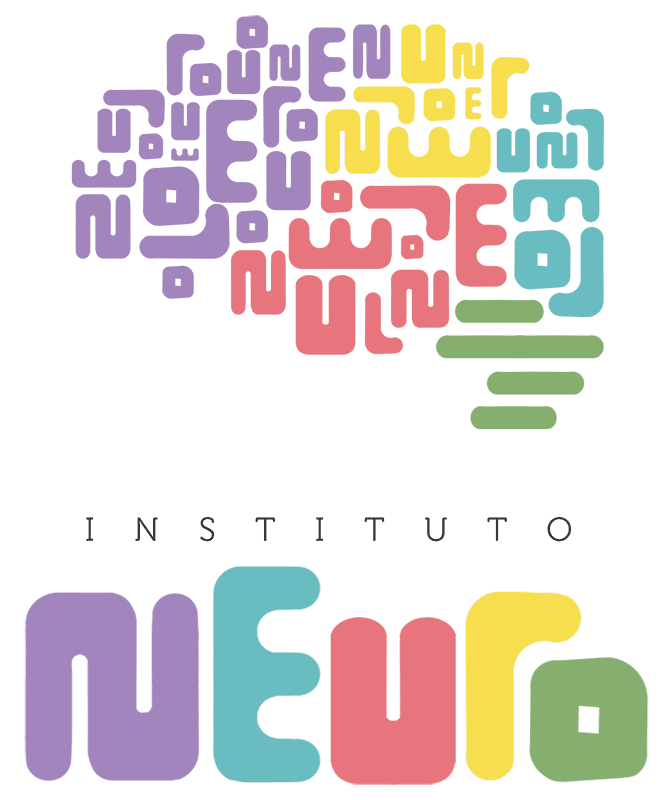✅ Free certificate recognized by the MEC, the certificate is already authenticated and with programmatic content
📜 Certified with QR CODE
💻 The course is open to the public (anyone can take it as we work with uncomplicated teaching and accessible language)
✅ Lifetime access
📹 Courses with video lessons
📚 Theoretical-practical material
💰 Single payment fee for the entire course + certificate
🙋♀️ Questions forum so that we can follow you closely and clarify anything that may not yet be completely clear.
✅ Integrated support with human service via email, access to technical and legal staff
👩🎓 🧑🎓 Our platform’s Course/Training completion certificate is valid in accordance with (law number 9,394) and can be used to:
💳 To pay by credit card:
We release your access to the course within a few hours or minutes after purchase, if you have difficulty locating access in your email, we recommend that you access the login page: https://www.institutoneuro.com.br/ead/account/login/?next=/ead/ Access with your email and password (registered at the time of purchase and course registration)
💵 For payments via Boleto:
Part 1 PSYCHOPEDAGOGICAL EVALUATION
➡ Module 1: The importance of evaluation (What is evaluation? How to structure it? Multifactorial analysis of demand)
➡ Module 2: First consultation (Structuring the Anamnesis, EOCA, Therapeutic Bond and Systematic Analysis of the Diagnostic Hypothesis)
➡ Module 3: Assessment instruments (Instruments specific to Psychopedagogy, Autism and TDAH, Screening Tests, Executive Function Assessment Batteries, Assessments of Reading and Mathematical Skills)
➡Module 4: Intervention – Therapeutic and activity proposal (Therapeutic plan, Educational program, Curricular and teaching material adaptation, Intervention in: TEA, TDAH, Reading and Writing, Mathematics and Cognitive Skills)
➡ Module 5: Feedback and Referrals
Part 2 PSYCHOPEDAGOGICAL PRACTICES
✅Module 1: Clinic
– The first contact with the patient/client and their family (analytical demand study). The most varied anamnesis (what is the best anamnesis for your demand?). How to structure the EOCA? How to prepare the Psychopedagogical assessment:
Which tests and batteries to use? Exclusive assessment protocols according to demand. Observation scripts and scales. The main assessment activities. The most effective intervention strategies for behavioral demands, development and learning.
✅ Educational
– Inclusion and curricular adaptation. Main tests for assessment in the AEE. Mediation in the school team. How to act in cases of: violence, bullying, school dropout, developmental and learning disorders. Preparation of the PEI.
✅ Hospital
– The role of the Psychopedagogue in hospital contexts. The Psychopedagogue in the humanization of health. The learning process in the context of hospitalization. Psychopedagogical practices in the context of hospitalization (integrative action of the health team, assessment and interventions with the hospitalized subject)
✅ Business
– Role of the Psychopedagogue in organizations
– Performance in the production and corporate sector
– Assessment of subjects in the social context
-The intervention of the Psychopedagogue:
➡ Assessment and interventions in behavior and social skills
➡ Interventions in cognitive skills
➡ Emotional intelligence in the business context
➡ Learning strategies that bring results
➡ Intervening in a Psychopedagogical manner in the context of Psychopathologies in the workplace
➡ Transition programs
➡ Educational plans aligned with business goals
Parte 3 DIFICULDADES DE APRENDIZAGEM ESPECÍFICAS
✅ What are the difficulties and how to treat them?
✅ Dyslexia (with practical intervention KIT)
✅ Dysgraphia (with practical intervention KIT)
✅ Dyscalculia (with practical intervention KIT)
✅ Case studies
Part 4 TRANSTORNOS DE APRENDIZAGEM – Da identificação a intervenção
➡Module 1: History of the Field of Learning Disabilities.
➡Module 2: Classification, definition and identification of Learning Disorders.
➡Module 3: Assessment of Learning Disorders.
➡Module 4: Reading Disorders – Word Recognition.
➡Module 5: Reading Disorders – Fluency.
➡Module 6: Reading Disorders – Comprehension.
➡Module 7: Mathematics disorders.
➡Module 8: Written expression disorders.
➡Module 9: Learning in Autism.

Psychopedagogue (UFPB Degree) Postgraduate in: ABA, Psychiatry and mental health, Neuropsychology Trained in: TEACCH, Legotherapy, School Mediation, VBMAPP, Child and Adolescent Eating Behavior; Integrative Approach to the Treatment of Eating Difficulties; Positive Discipline in Food; Sophie Effect on Infant Feeding. Training Learning to eat is part of Business Development: Pharmaceutical and Clinical Industry.
The course is now available and you will have access as soon as registration payment is confirmed.
Você possuirá acesso vitalício ao curso, ou seja, uma vez adquirido o curso será seu para sempre, você poderá acessar a plataforma de cursos quando quiser e pelo tempo que quiser.
Podem haver limites de acesso a recursos práticos online, caso existam. Verifique os prazos na descrição do curso acima.
Payment can be made via bank slip or credit card.
If you are looking for another payment method, please contact us.
Yes, you can access the platform from anywhere in the world.
To make payments from outside Brazil, use an international credit card.
Copyright 2019-2025 NEURO Institute
